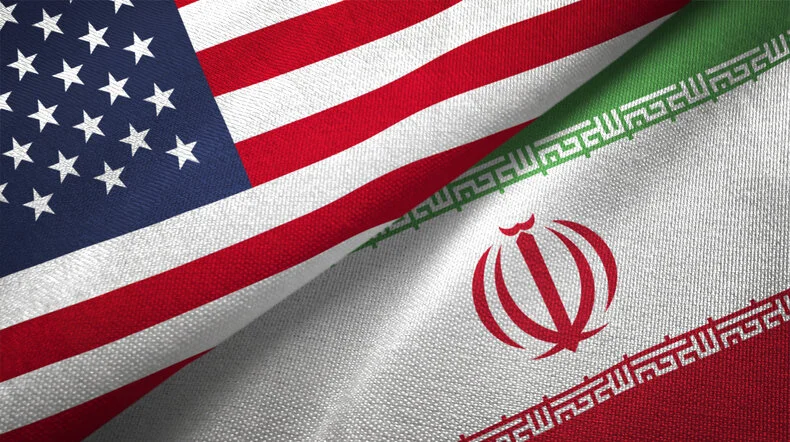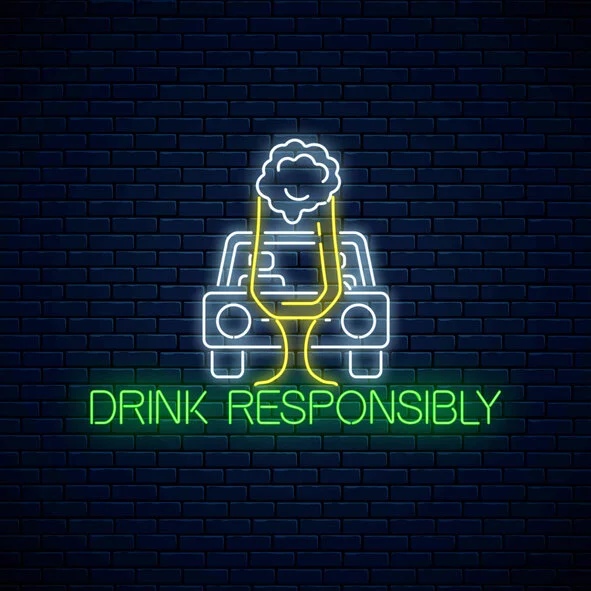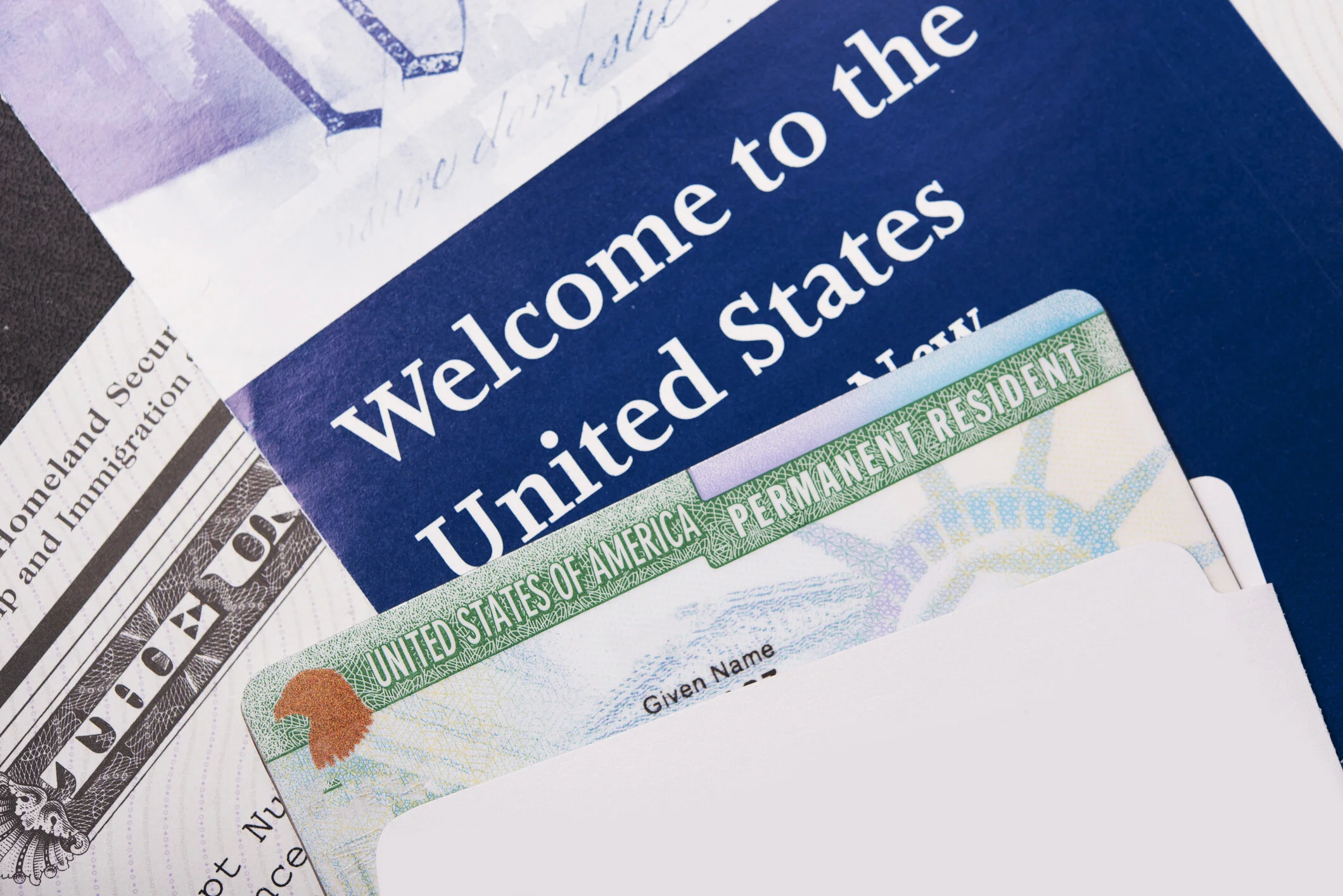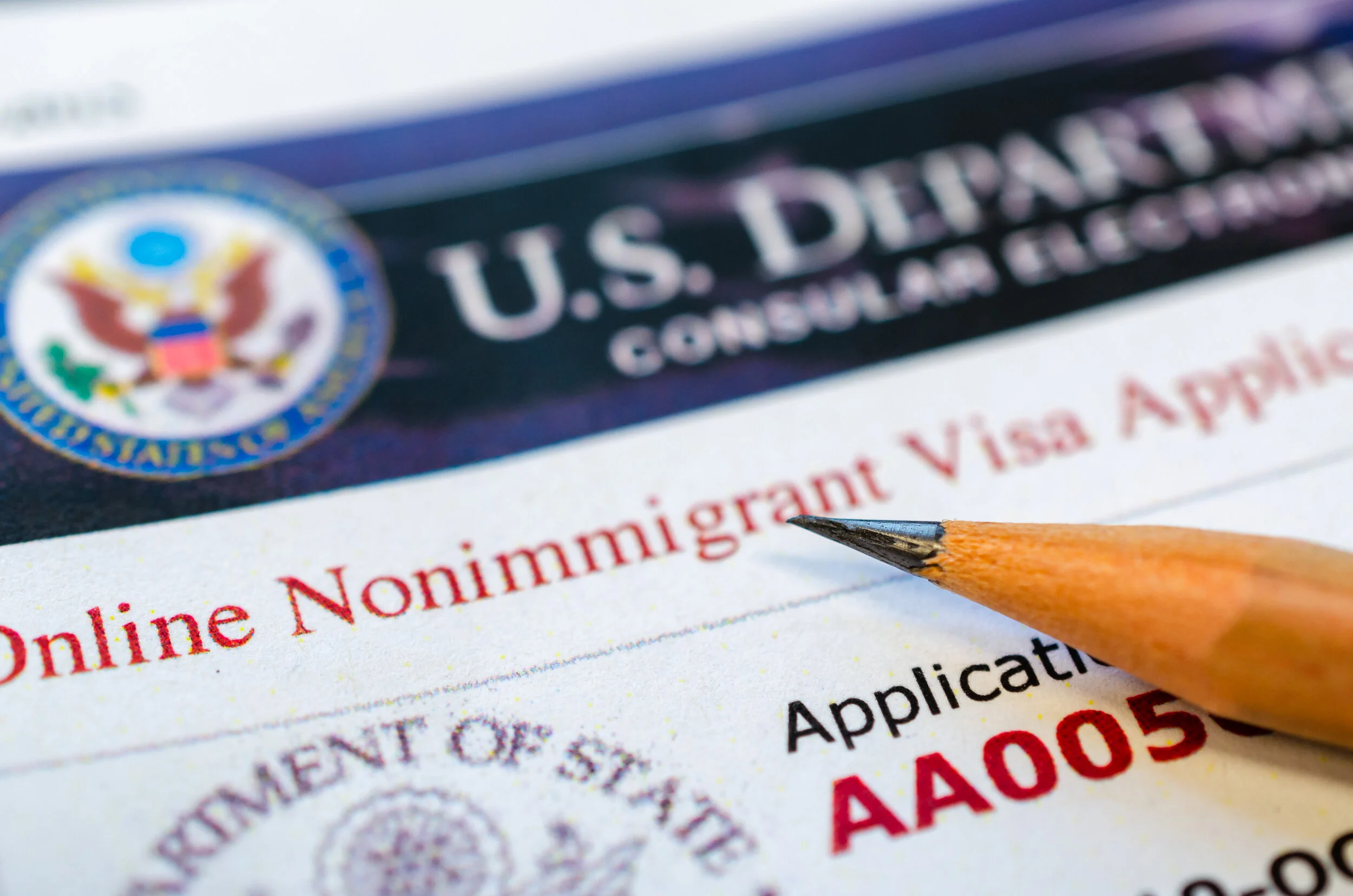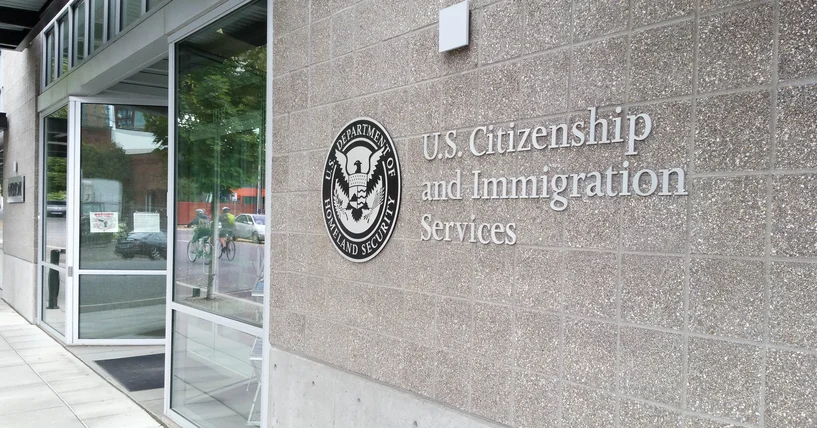Earlier this week, the Supreme Court ruled 5-4 to lift the nationwide injunction on a rule redefining when DHS may deny admission or permanent residence to any foreign national who is “likely to become a public charge”.
Read MoreAnother travel ban has been issued today for nationals of six countries effective February 22, 2020. The new travel restrictions will prevent nationals from Eritrea, Kyrgyzstan, Myanmar (also known as Burma), and Nigeria from applying for immigrant visas with limited exceptions. The new policy also bars nationals of Sudan and Tanzania from applying for an immigrant visa based on the annual green card lottery (known formally as the Diversity Visa lottery). Immigrants who were issued visas prior to this policy taking effect remain eligible for entry into the country.
Read MoreU.S. Citizenship and Immigration Services Agency (USCIS) announced yesterday that Iranian nationals will no longer be able to apply for an extension of their E-1 and E-2 status or change their status to E-1 and E-2.
Read MoreThe Department of State (DOS) has issued its February 2020 Visa Bulletin. Overall, most employment categories will have modest forward movement. Employment-based category 1 (“EB-1) for most nationals advances by two months while there is no change for Chinese and Indian nationals in the EB-1 category.
For the EB-2 category, immigrant visas are available for most nationals. However, for Chinese nationals, the priority date advances by 14 days while for Indian nationals the priority date moves forward by a mere one day.
Finally, for the EB-3 category, immigrant visas are available for most nationals. However, for Chinese nationals the priority date moves forward by one month and, for nationals of the Philippines, the priority date advances by 75 days. The priority date for Indian nationals advances by seven days in February.
Read MoreU.S. Citizenship and Immigration Services (USCIS) has recently updated its policy guidance to clarify that two or more DUI convictions will prevent a foreign national from showing “good moral character” for immigration benefits, such as naturalization and cancellation of removal. In order to overcome the negative impact of multiple DUIs, the foreign national will have to show substantial compelling evidence of good moral character that outweigh the DUIs. Efforts to reform or rehabilitate after the DUI offenses are not considered sufficient. In short, the foreign national will need to show the multiple DUI offenses are an aberration.
Read MoreThe Department of State (DOS) has issued its January 2020 Visa Bulletin. Overall, most employment categories will have modest forward movement. Employment-based category 1 (“EB-1) for most nationals advances by two and a half months while for Chinese nationals it moves forward by seven days. There is no change for Indian nationals in the EB-1 category. For the EB-2 category, immigrant visas are available for most nationals. However, for Chinese nationals, the priority date advances by eight days while for Indian nationals the priority date moves forward by only three days. Lastly, for the EB-3 category, immigrant visas are available for most nationals. However, for Chinese nationals the priority date moves forward by one month and, for nationals of the Philippines, the priority date advances by 15 days. There is no change in priority date for Indian nationals in January.
Read MoreUSCIS has confirmed that it will implement the online registration system for next year’s H-1B visa lottery. Under this new process, employers seeking to file H-1B petitions in next year’s lottery must first complete an online registration process that requires basic information about their company and each requested worker, and pay the associated $10 H-1B registration fee.
Read MoreTThe Department of State (DOS) has issued its December 2019 Visa Bulletin. Overall, most employment categories had little forward movement. Employment-based category 1 (“EB-1) for most nationals advances by 44 days while for Chinese nationals it moves forward by 103 days. There is no change for Indian nationals in the EB-1 category.
Read MoreEarlier this week, a federal court ruled that reasonable suspicion is required for Customs and Border Patrol (“CBP”) agents as well as Immigration and Customs Enforcement agents to search international travelers’ electronic devices at airports and other ports of entry into the United States.
Read MoreU.S. Citizenship and Immigration Services (USCIS) plans to increase most of its government filing fees, and change the premium processing time to 15 business days instead of calendar days due to budgetary shortfalls.
Read More


